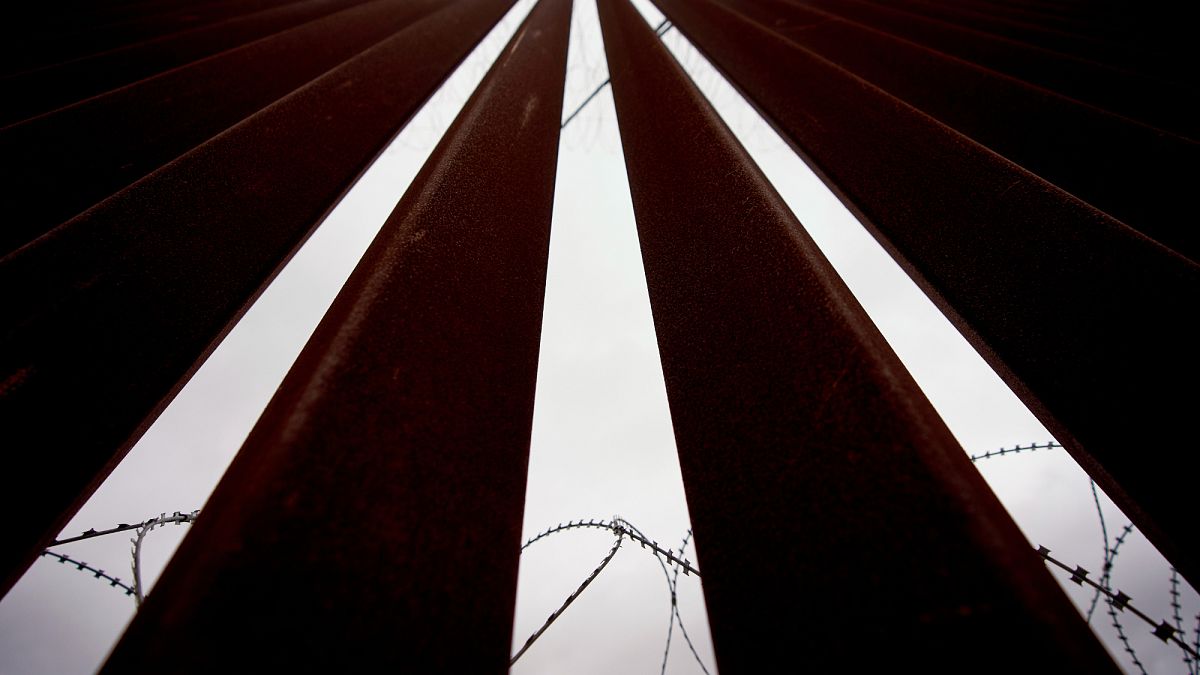

In an evolving world landscape marked by multifaceted challenges, the United Nations is increasingly vocal about the need for mindful international cooperation. Two pressing issues are taking center stage: the impacts of shifting migration policies and the ongoing conflict in Gaza. These complex topics underscore the intricate balance required in addressing humanitarian needs, safeguarding human rights, and ensuring global stability.
Amidst these global currents, Amy Pope, the chief of the International Organization for Migration, has expressed concern that intensified border restrictions and reduced aid could exacerbate instability. As European nations lean towards stricter migration controls, bolstering deportation mechanisms while pressuring transit countries to deter migration, Pope urges thoughtful consideration of the long-term consequences such approaches could bring. The crux of her argument rests on the need to focus on sustainable solutions over immediate deterrents, emphasizing that support for affected communities remains essential to fostering stability and security.
Parallel to these migration dynamics, the situation in Gaza highlights enduring tensions in the region. Recently, Francesca Albanese, the United Nations’ special rapporteur for the Palestinian territories, found herself at the center of international scrutiny. Her dedication to spotlighting human rights issues and the humanitarian situation in Gaza has led to sanctions by the United States. Albanese, in her response, advocated for unified international efforts to keep attention on Gaza’s plight, viewing the sanctions as a reflection of vital truths that need continual acknowledgment. Her call to “stand tall, together,” invites global reflection on the importance of unwavering commitment to justice, even when faced with political adversity.
The backdrop to these developments includes a tragic incident in Gaza, where an Israeli airstrike resulted in the deaths of at least 15 individuals, including 10 children, as they were waiting for medical treatment. This event is a heartbreaking reminder of the hostilities that persist in the region. With reports of escalating military actions, there is earnest anticipation of a ceasefire, although negotiations continue to face significant hurdles. Humanitarian organizations have labeled these attacks as violations of international humanitarian law, illustrating the dire circumstances faced by civilians caught in the conflict.
These interconnected narratives underline the global community’s challenge: to navigate the fine line between security and humanity, to uphold the protection of human rights amid political complexities, and to nurture environments where peace can gradually take root. Through dialogue, empathy, and resilience, there lies potential to forge paths towards a more harmonious world, even in the face of formidable obstacles.
The UN’s message enforces a vital tenet: mindful collaboration and comprehensive strategies are fundamental to addressing the multifaceted issues posed by migration and conflict. In response, the international community is urged to remain steadfast in its pursuit of peace and stability, grounded in compassion and cooperation.
Source: {link}
